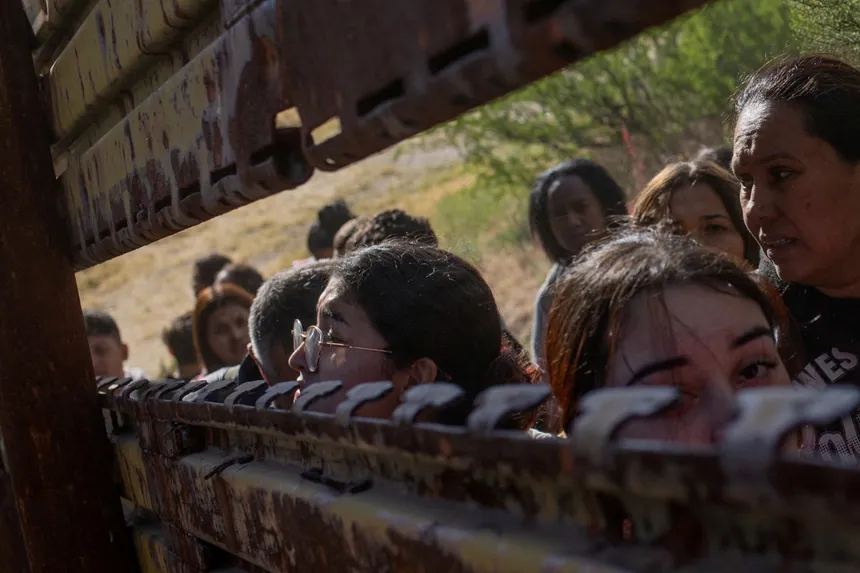The recent release of 24 Israeli hostages by Hamas, a militant group, has sparked a wave of emotional reunions and celebrations in the region. The freed hostages, including nine women and four children under the age of nine, were taken to hospitals in Israel to be reunited with their families. The group also included multiple generations, including a nine-year-old boy and his mother and grandmother, who were kidnapped on October 7 from Kibbutz Nir Oz.
As the hostages were released, their families gathered in Hostages Square in Tel Aviv to celebrate their return. The square was filled with tears of joy and relief as families were reunited after weeks of separation. The celebrations were also marked by a sense of grief, as the families of the remaining hostages, including a 38-year-old man who is still being held captive, felt the pain of their loved ones’ absence.
Meanwhile, in the occupied West Bank, more than three dozen Palestinian prisoners were released from Israeli prisons as part of the ceasefire deal. The prisoners, who included women and teenagers, were greeted with a hero’s welcome as they returned to their families. The atmosphere was festive, with crowds of Palestinians chanting, clapping, and waving flags to celebrate the release.
Some of the prisoners were met with tears and hugs from their loved ones, while others were celebrated with fireworks and patriotic music. The released prisoners, many of whom had been held without charge or trial, expressed gratitude and relief at their freedom, with one young man stating, “I have no words, I have no words. Thank God.”

Emotional Reunions as Hamas Releases Israeli Hostages Amid Controversy and Celebrations
However, the celebrations were also marked by tension, as Israeli security forces in the West Bank attempted to shut down the celebrations, leading to clashes and the use of tear gas. Despite the chaos, Palestinians remained defiant, with one woman stating, “The army is trying to take this moment away from us, but they can’t. This is our day of victory.”
The releases, which come as part of the ceasefire deal, have sparked debate and controversy in the region. Critics of the deal have argued that it rewards terrorist activity and undermines efforts to bring peace to the region. Proponents of the deal argue that it represents a step towards reducing violence and promoting reconciliation.
As the families of the released hostages and prisoners begin to rebuild and regroup, the region remains on edge, with many questions and concerns about the future. Will the releases lead to a lasting peace, or will they simply be a temporary reprieve from the violence and conflict that has plagued the region for so long? Only time will tell.
